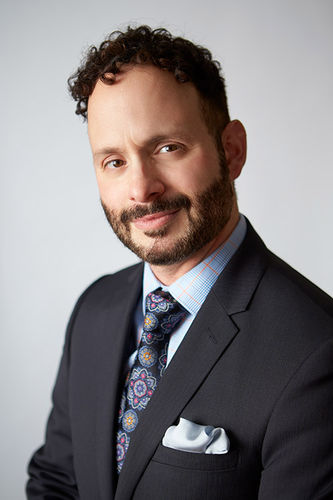Modern families and those trying to conceive have benefited from technological advances in helping women become pregnant who have previously been unable to do so. These types of advances in technology can frequently come with challenging questions for the courts to consider during marriage breakdown as to property division and ownership. In a recent decision of S.H. v. D.H., 2019 ONCA 454, the Ontario Court of Appeal overturned a 2018 Ontario Superior Court of Justice decision, which had ruled that the wife should be awarded custody of her frozen embryos after the ending of a marriage.
The parties identified only as D.H. and S.H. married in February 2009. The couple wanted to have a family and had trouble conceiving. The case arose in 2011 when the couple paid $11,500 US for the purchase of four embryos created from anonymous sperm and egg donors in the United States. Two were viable. One was implanted in the wife known as D.H. and resulted in a now 6 year old son. The second embryo was frozen.
The couple separated in December 2012 after the birth of their son. Following the separation the wife who was in her 40s, sought to gain possession of the second embryo so she could have another child and her son could have a biological sibling. She had agreed not to pursue child support from the husband known as S.H. should she have another child, but he refused to provide his consent.
In July 2018, the wife argued that her ex-husband had signed an agreement that even in the event of a separation; the wife’s wishes to have a child would prevail. The husband argued that he had paid for the embryos and they belonged to him. The husband stated that he had changed his mind post-divorce and now wanted the frozen embryo to be donated.
On July 9, 2018, the Honourable Mr. Justice Robert Del Frate of the Ontario Superior Court, 2018 ONSC 4506 released his written reasons for the judgment and sided with the wife relying on the contracts that the couple had signed when they embarked on the fertility process. “There is no law on point that has considered how to dispose of embryos when neither party has a biological connection to [them], Del Frate J. wrote in his decision. “It would be contrary to contract law were I to decide that the wishes of the parties at the time of entering into this contract were other than what they agreed to.” Del Frate J. said that the wife could have the embryo if she reimbursed the husband $1,438 US – representing half of the cost of its creation.
The husband appealed this decision, arguing he had changed his mind after signing the contract and that the law allowed him to do so. He argued that his ex-wife would be committing a criminal offence if she had the embryo implanted over his express objection. The wife argued that his consent was no longer required because they were no longer spouses.
“The idea that donor consent can become frozen in time, rendered unsusceptible to changes of mind, belies the central importance placed upon consent in the statutory scheme.”
-The Honorable Madam Justice Fairburn for the appeal court
The Honourable Madam Justice Michal Fairburn wrote for the appeal court. The court began its analysis by stating that neither contract nor property law principles govern this case adding that “Parliament has imposed a consent-based, rather than a contract-based, model through legislation and regulation.” The court acknowledged the difficult decision faced by the trial judge, but pointed out that the Assisted Human Reproduction Act should be considered in this case. “The appellant’s unmitigated right to withdraw his consent overtakes any prior contractual agreement to the contrary, and is dispositive in this case,” Fairburn J. wrote. “I do not accept that donors may simply contract away their right to withdraw consent under the criminal law.” The Act states that a donor’s written consent is necessary, and it “prohibits the use of an in vitro embryo for any purpose without regulation-compliant written consent.”
The court found that both former spouses retained rights to the embryo to which neither were genetically related. Spouses who obtain embryos are considered “donors” even if neither of them have a biological connection to the embryo. The wife therefore could not have a purchased frozen embryo implanted over the objections of her ex-husband.
Aubrey Sherman is the managing partner at Sherman Law LLP in Kitchener, Ontario. His practice focuses on family law, estate planning, and estate administration. The team at Sherman Law LLP in Waterloo Region has over 40 years of experience providing clients with creative and innovative solutions. If you wish to discuss your family law or estate planning matter in further detail, please contact our office to arrange for a consultation. We can be reached by phone at 519-884-0034 or by email.
